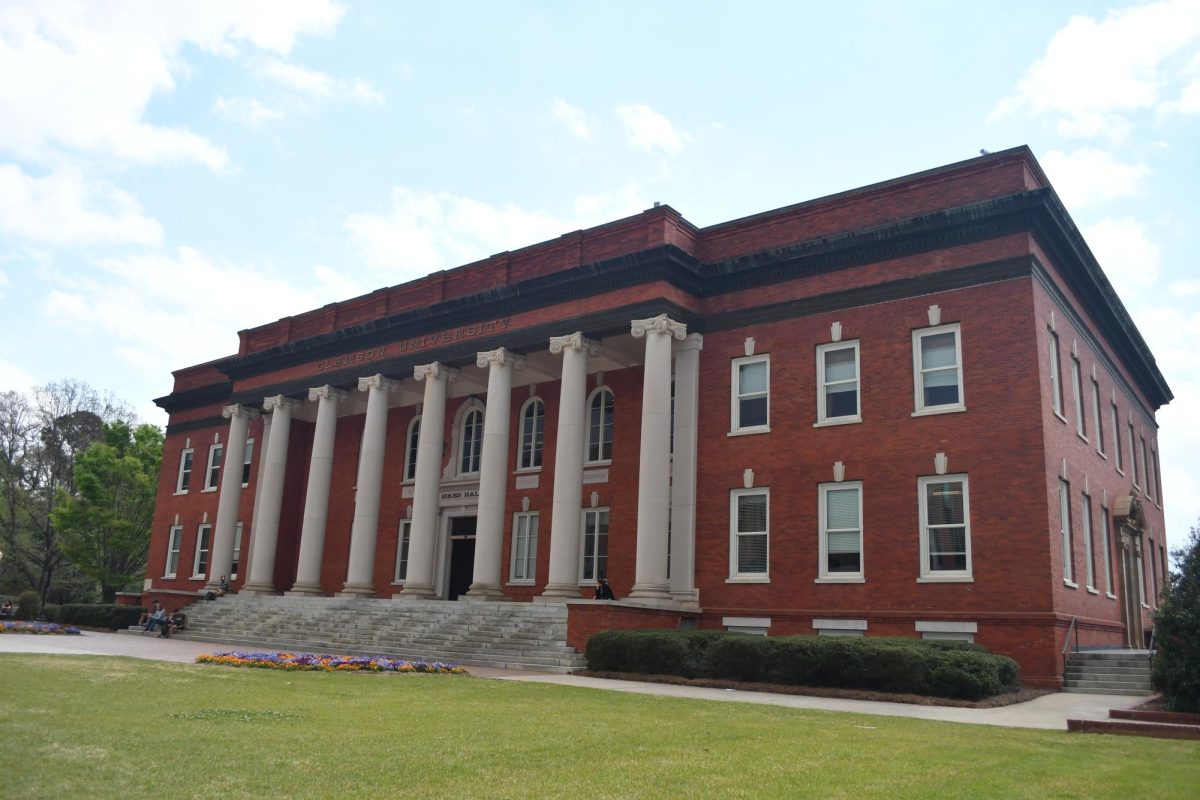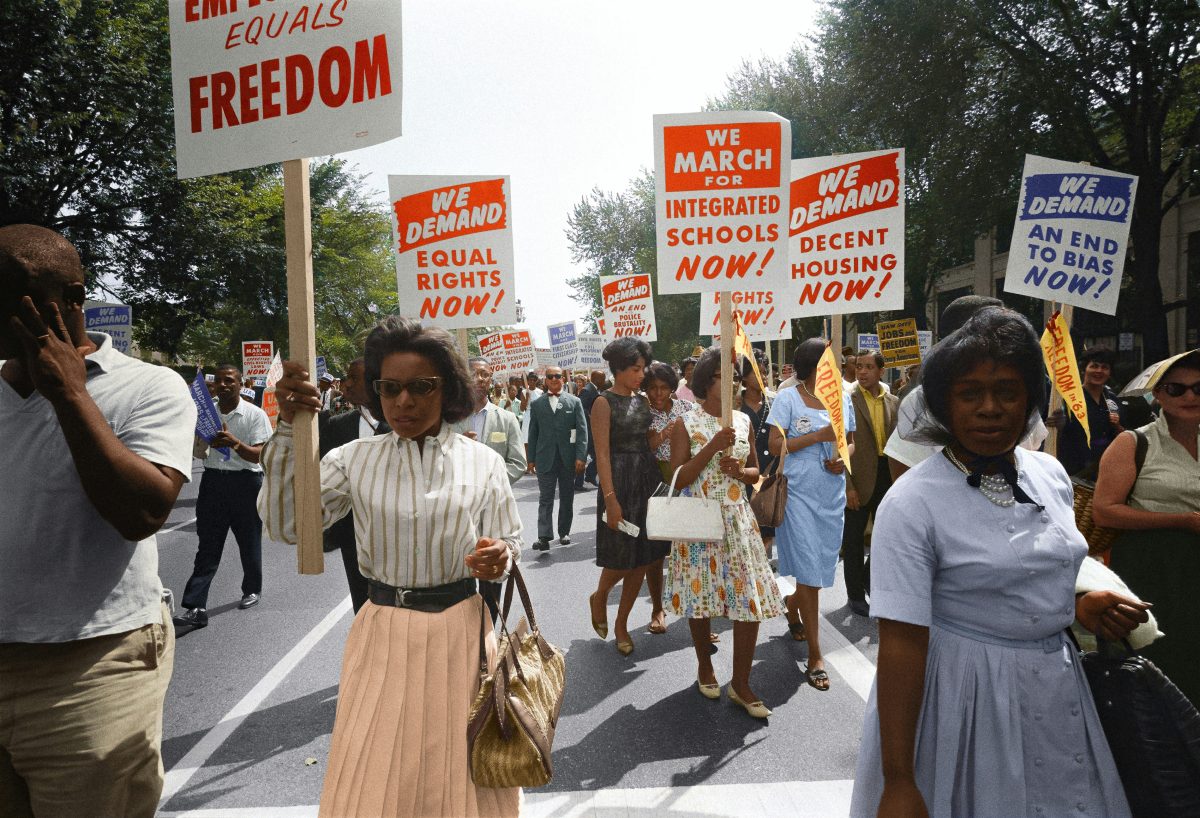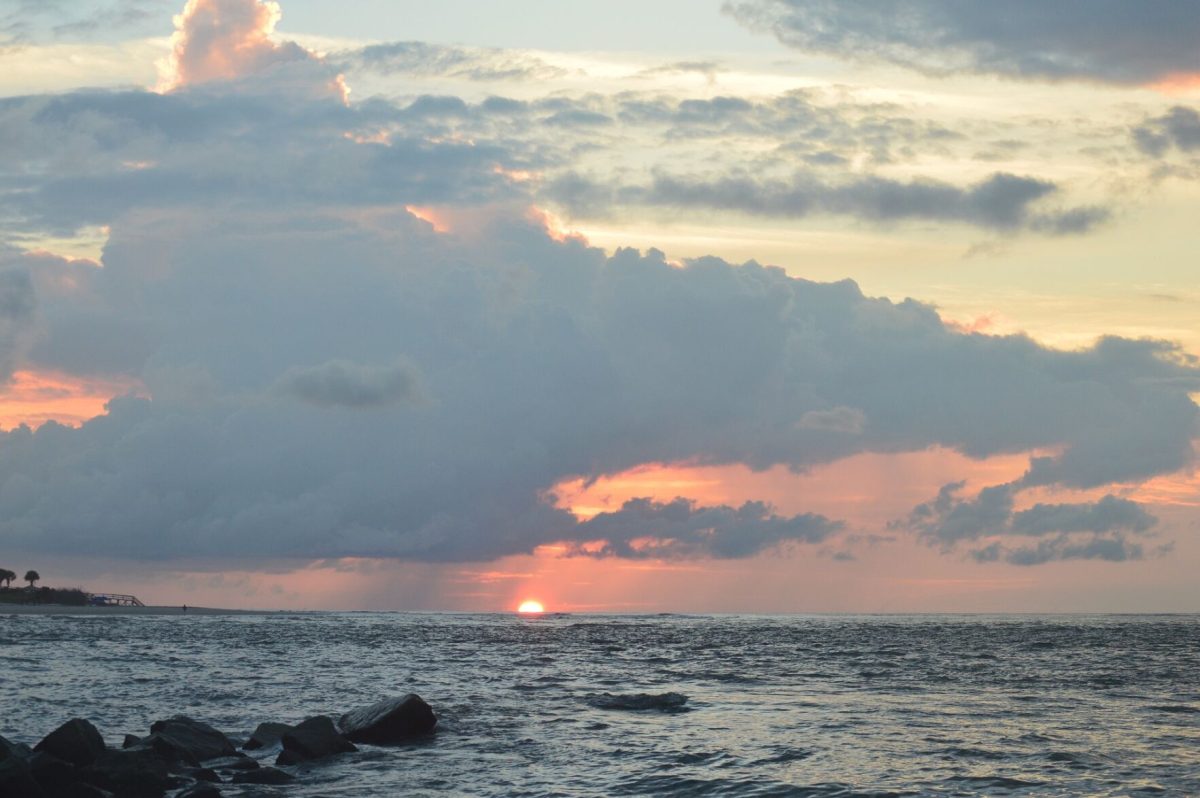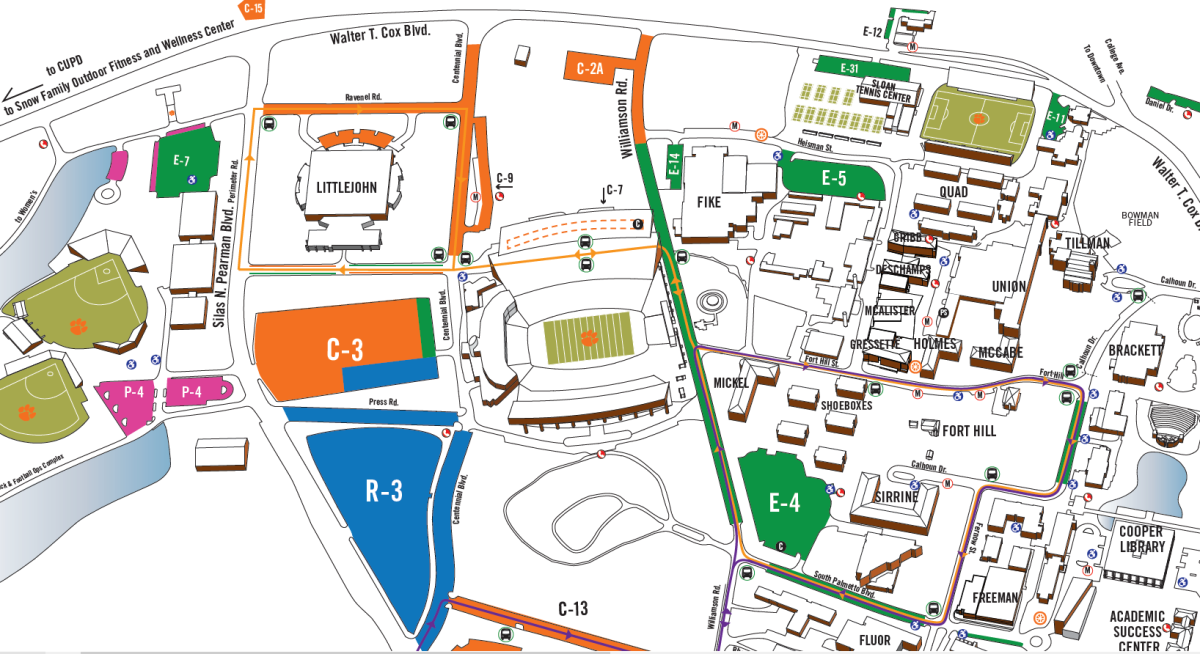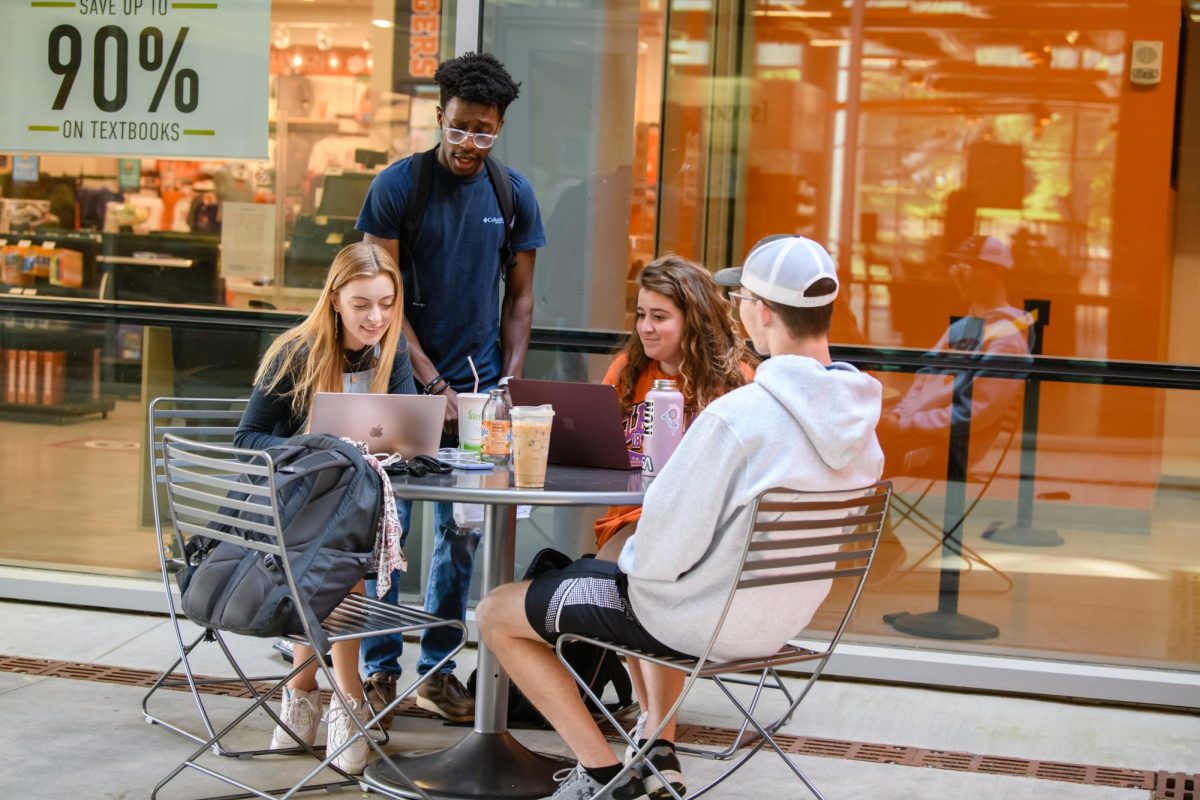Dear Clemson family-
I am writing to share a story about my family with the Clemson family. I have been teaching English at Clemson since 2004. My late father, Daniel Field, was a Russian history professor at Syracuse. His career began with graduate school in the early 1960s, and continued until his retirement in 2004.
Until 1991, Russia was part of the Soviet Union, which made my father’s work as a Russian historian a lot harder than it needed to be. He was a United States citizen, and one effect of the Cold War was that the USSR made it difficult for US citizens to travel to and stay in the USSR. There were many times when his visa applications were denied outright or revoked at the last minute. His friendships with local scholars unpopular with the Soviet government got him kicked out of the USSR at least once.
There are many who suffered more at the hands of the Soviets, but Soviet travel restrictions had a major negative impact on the work my father was able to do as a scholar. They also had an impact on our family. The constant uncertainty that comes with not knowing if you will be allowed to do your job was stressful for my father, and the uncertainty attending if or when he would be allowed to travel was hard on my mom, my older brother, and on me. Most painful of all, when my grandfather died in 1978, my father could not return home for his own father’s funeral, because he might well not be readmitted to the USSR.
As you may know, there are three members of the Clemson family currently fasting in an effort to persuade Clemson’s administration to make a stronger statement against a similar climate of restriction and uncertainty the United States government has recently created for international travelers. A fast is a form of protest with a long history, and one that involves serious commitment to the issue at hand. The issue at hand here is the work that scholars at Clemson and around the world will be unable to do because of these travel restrictions. If you are reading this, you are likely a member of the Clemson family – a student, an alumnus, or a member of the faculty or staff. As such, you are a stakeholder in this institution of higher education, and more generally, you understand that higher education is something that is worth defending.
The research that people do at colleges and universities enhances our health, our prosperity, and our understanding. Etymologically, the roots of the words “college” and “university” both involve coming together. For higher education to work, for teaching and learning to happen, and for research to continue, scholars – historians, civil engineers, oncologists, political scientists, and musicologists need to be able to share their work. Scholars who need to cross national boundaries to do their work should be able to do so, and to be confident that they will be allowed to return home. Currently, that is not the case for many scholars wishing to travel to or from the United States of America.
There are many people with no connection to US colleges and universities who are affected by these restrictions on travel, and their situations are just as real and painful as those that affect our colleagues at Clemson and around the world. But for the specific question of how and if the leaders of US colleges and universities should speak on the current travel restrictions, the answer is clear: standing against these restrictions is not a political gesture – it is a question of standing up for what a university is and does.
Go Tigers,
Jonathan Beecher Field
Associate Professor
Department of English
Clemson University
Categories:
Standing up for what a university is, does
Jonathan Beecher Field, Associate Professor
February 7, 2017
0
Donate to The Tiger
Your donation will support the student journalists of Clemson University. Your contribution will allow us to purchase equipment and cover our annual website hosting costs.
More to Discover




